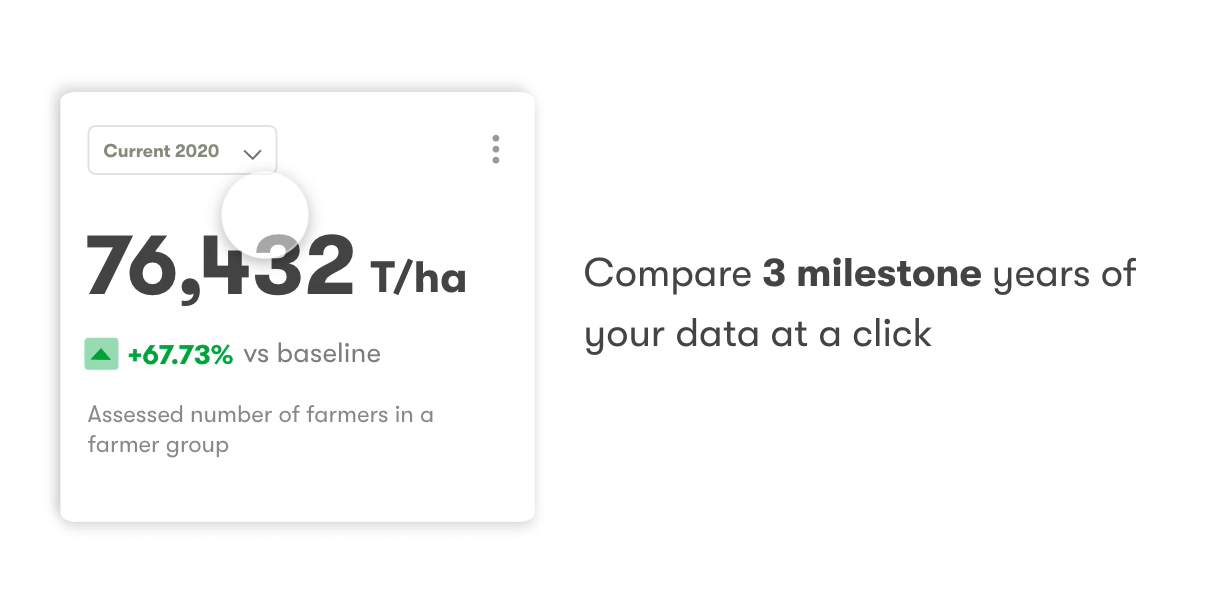COMBATTING PNEUMONIA IN CASHEW COMMUNITIES
Pneumonia is a leading cause of childhood mortality in Sub-Saharan Africa and along with other preventable diseases, not only affects individual health but families’ livelihoods, and broader agricultural development.
There are effective drugs available for pneumonia, but a general lack of awareness of the symptoms, means they are often misdiagnosed or even overlooked.
Working with cashew farmers in the Sawla-Tuna-Kalba district of Ghana, Olam has teamed up with the Ghana Health Service and introduced community-based interventions to raise awareness of the disease and improve access to prompt and appropriate treatment. A dedicated radio programme to educate listeners on the causes of the disease, symptoms to look out for and initial actions to take, was broadcast to the entire district, reaching some 350,000 people. The programme also offered a phone-in session to provide one-on-one medical advice. Meanwhile, 100 children under 5 years have been screened and vaccinated to date, under a community outreach programme.
World Pneumonia Day provided an additional opportunity to reach more community members with training on prevention and treatment. 300 farmers, community chiefs, health officers and district assembly staff, attended the event on 12th November, hosted by Olam to mark the occasion.
“This was the first time I heard about how serious pneumonia was – I hadn’t even heard the word before. Indeed, I learnt that Pneumonia affects the lungs and causes cough, fever and difficulty in breathing and when you see these signs, you should immediately report to the nearest clinic for treatment”. Yaani Bonuh, cashew farmer, Gindabo village, Ghana
These efforts are part of Olam’s broader Healthy Living Campaign, that implements effective strategies across Africa to promote health among employees, farmers and community members and recognises that investment in the health and wellbeing of workers is vital not only for the obvious social benefits and poverty reduction, but also for productivity that impacts businesses’ bottom lines.
Find out more about how we are addressing sustainability challenges in cashew supply chains
